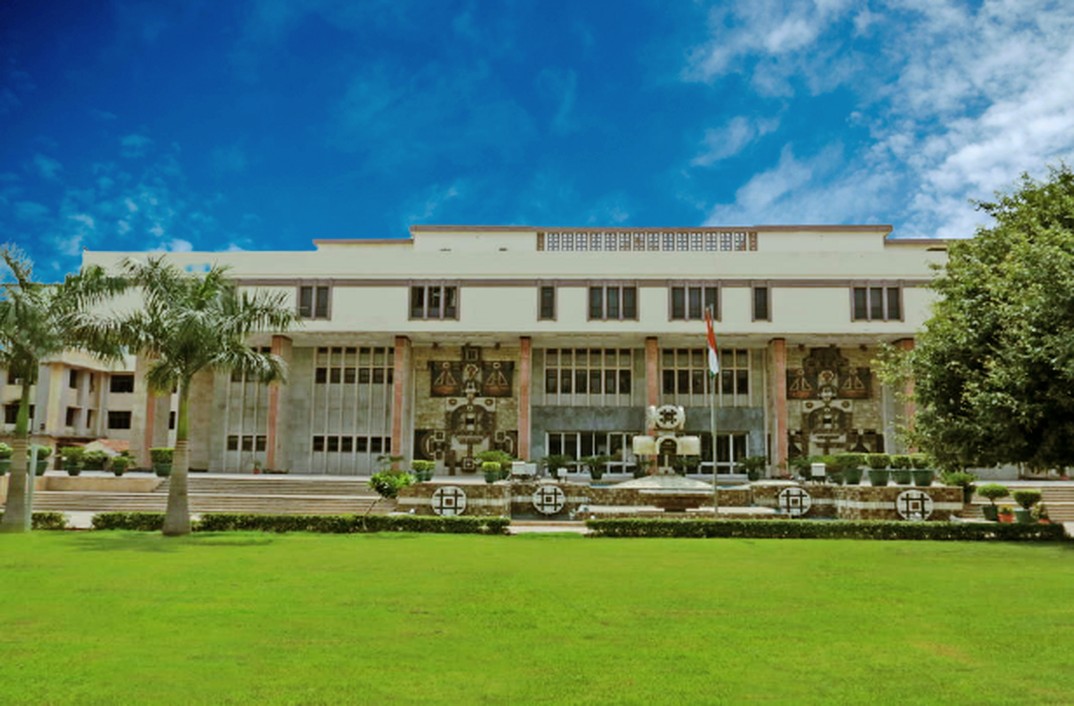In Writ Petition,seeking recovery of amount,Court cannot direct Union of India to revive Company:Delhi HC

Read Judgment: CJ DARCL Logidtics vs. Union of India
Pankaj Bajpai
New Delhi, September 9, 2021: While stating that once a company had gone into liquidation and liquidation process was underway, petitioner, having filed its claim before liquidator, could not be given preference over other creditors, including workmen/employees who had unpaid wages etc., the Delhi High Court has ruled that Writ Courts cannot be used as forum for recovering admitted liability.
A Bench of Justice Pratibha M. Singh observed that the Liquidator was required to follow the discipline set out in Insolvency & Bankruptcy Code (IBC) for payment of dues of creditors, in priority and hierarchy contained in IBC, and the question as to whether security deposit would have to be treated as one which was held in trust by the company ought to be considered by liquidator.
The background of the case was that the Petitioner had rendered transport services to Respondent Hindustan Paper Corporation Limited (HPCL), a PSU (Public Sector Undertaking) of Union of India (UOI). As HPCL failed to pay dues to it, the petitioner wrote a letter to UOI to intervene and sought direction for payment of the amount.
Petitioner then served demand notice on HPCL and eventually, filed petition u/s 9 before National Company Law Tribunal (NCLT). Prior to the petition being taken up, in an application filed by another operational creditor (OC) M/s Alloys and Metals India Ltd., CIRP (Corporate Insolvency Resolution Process)was initiated by NCLT against HPCL that eventually went into liquidation and liquidator was appointed by NCLT.
Petitioner submitted its claim for entire due amount, including security deposit to Liquidator. Thereafter, Petitioner filed present writ petition, seeking direction to Respondents to pay dues.
The High Court observed that the Petitioner, by filing present writ petition, was seeking an extraordinary remedy of recovery against UOI on ground that HPCL was a PSU.
Prayer in present petition was for a direction to the respondents to pay admitted liability to petitioner. In effect, therefore, Writ Court was being used as a forum for recovering dues which, according to petitioner, were admitted, opined Justice Singh.
The High Court elaborated that the petitioner’s contract was not with UOI but with Respondent No. 2 company i.e., HPCL, which had gone into liquidation. Just because there were dues liable to be paid by PSU, it could not be said that each and every PSU that was fully controlled by Government would have to be revived or that Government ought to pay dues of PSU.
PSU had its own independent existence and in a writ petition seeking recovery of amounts, High Court could not direct UOI to revive Company, concluded Justice Singh.
Sign up for our weekly newsletter to stay up to date on our product, events featured blog, special offer and all of the exciting things that take place here at Legitquest.




Add a Comment